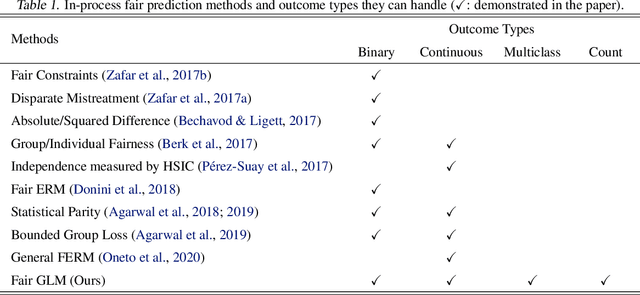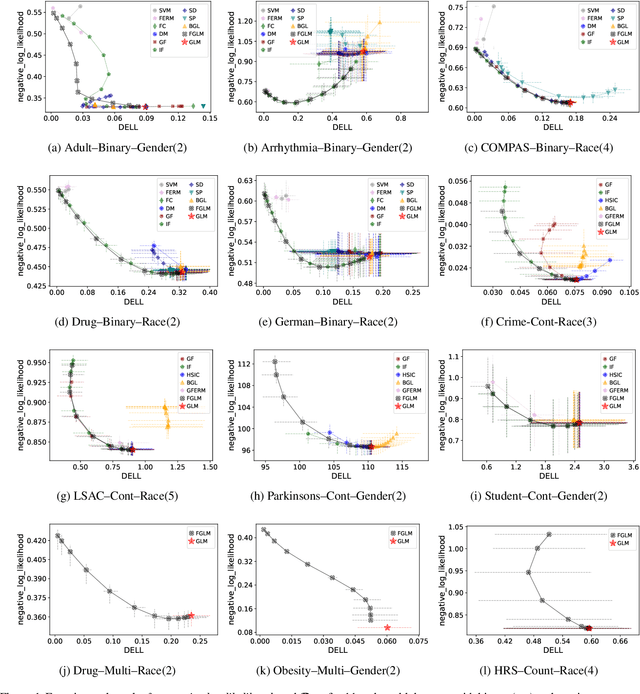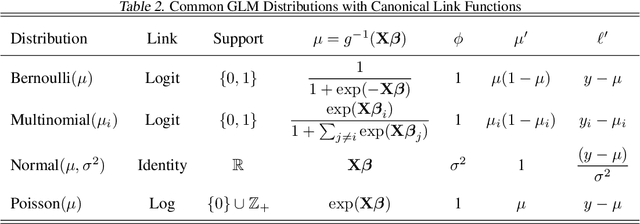Axel Martin
Division of Biostatistics, Department of Population Health, New York University Grossman School of Medicine
Non-parametric efficient estimation of marginal structural models with multi-valued time-varying treatments
Sep 27, 2024



Abstract:Marginal structural models are a popular method for estimating causal effects in the presence of time-varying exposures. In spite of their popularity, no scalable non-parametric estimator exist for marginal structural models with multi-valued and time-varying treatments. In this paper, we use machine learning together with recent developments in semiparametric efficiency theory for longitudinal studies to propose such an estimator. The proposed estimator is based on a study of the non-parametric identifying functional, including first order von-Mises expansions as well as the efficient influence function and the efficiency bound. We show conditions under which the proposed estimator is efficient, asymptotically normal, and sequentially doubly robust in the sense that it is consistent if, for each time point, either the outcome or the treatment mechanism is consistently estimated. We perform a simulation study to illustrate the properties of the estimators, and present the results of our motivating study on a COVID-19 dataset studying the impact of mobility on the cumulative number of observed cases.
Fair Generalized Linear Models with a Convex Penalty
Jun 18, 2022



Abstract:Despite recent advances in algorithmic fairness, methodologies for achieving fairness with generalized linear models (GLMs) have yet to be explored in general, despite GLMs being widely used in practice. In this paper we introduce two fairness criteria for GLMs based on equalizing expected outcomes or log-likelihoods. We prove that for GLMs both criteria can be achieved via a convex penalty term based solely on the linear components of the GLM, thus permitting efficient optimization. We also derive theoretical properties for the resulting fair GLM estimator. To empirically demonstrate the efficacy of the proposed fair GLM, we compare it with other well-known fair prediction methods on an extensive set of benchmark datasets for binary classification and regression. In addition, we demonstrate that the fair GLM can generate fair predictions for a range of response variables, other than binary and continuous outcomes.
 Add to Chrome
Add to Chrome Add to Firefox
Add to Firefox Add to Edge
Add to Edge